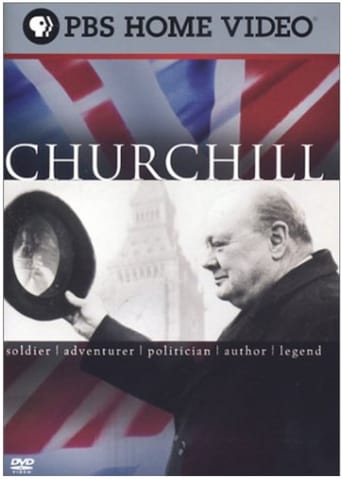The final hour, "The Last Prize," opens with Churchill's trip to the Normandy beaches in June, 1944. When victory in Europe finally came, Churchill led the celebrations, but in private, he brooded about the dangers of Stalin and communism. Two months later, he lost an election. To his family and close staff he admitted his bitter hurt at the ingratitude of the British nation. He returned to contest the 1951 election, pledging to lead Britain in the post-war age and determined to forge a peaceful alliance between the two superpowers, the U.S. and the USSR. After years of being branded a "war monger," Churchill wanted to be a peacemaker and bring an end to the Cold War. One month short of his 77th birthday, he became prime minister again. The pressures of leadership quickly began to show, however, and in 1953 he suffered a severe stroke; in 1955 he resigned. The last 10 years of his life were a time for reflection. Depressed about Britain's lack of power and the death of the British Empire, he confided to a friend that he felt he hadn't achieved anything in life. When Churchill died in January 1965, it was not only the end of a remarkable life, but the end of an era.

